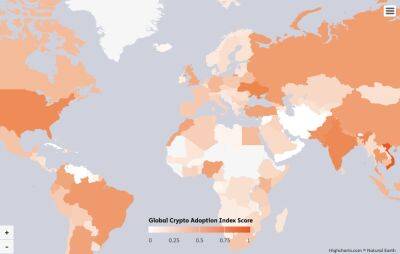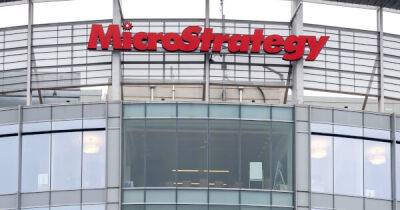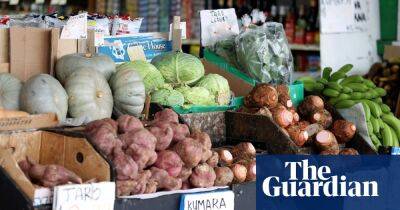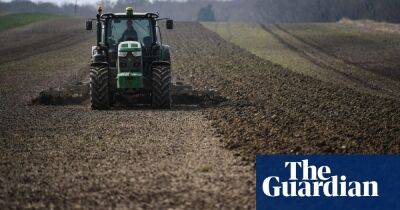Faith in Ocado’s global revolution feels increasingly fragile
The problem with Ocado’s business model, say the sceptics, is that it’s too damned inflexible. They have a point.
In the two pandemic-affected years, Ocado Retail – the UK business that these days is a 50/50 joint venture with Marks & Spencer – achieved top-line earnings (pre-interest, tax and amortisation) of £148m and then £150m. The numbers would have even better if only more warehouses had been available to meet booming online demand during the long months of lockdown. And this year? Tuesday’s update was the second downwards revision to forecasts since March and said mere break-even was on the cards. From £150m to zero in 12 months.
Many of the underlying factors will probably soon afflict mainstream supermarkets: customers trading down and basket sizes getting smaller. Then there’s the squeeze on the cost base from energy and fuel and, oddly, the bill for dry ice used to chill frozen goods in the vans.
But the uniquely Ocado factors relate to the model. Having had too little capacity during Covid, the business now has too much as new warehouses have come on stream. The business will soon have the ability to deliver 600,000 orders a week but dispatched only 374,000 a week in the latest quarter. “This growth capacity represents a cost to the business in the short term,” said the statement. You bet: expensively built robots are standing idle, presumably twiddling their electronic picking arms.
A cheerful view says short-term overcapacity doesn’t matter terribly. Demand will catch up eventually because online’s share of the grocery market is still growing. In any case, runs the argument, the real value and action at Ocado – the group, as opposed to the UK joint venture – lies in the overseas adventures, meaning the
Read more on theguardian.com























